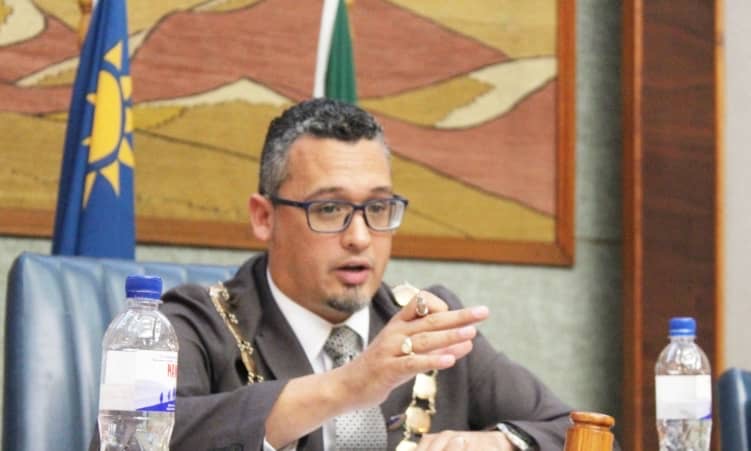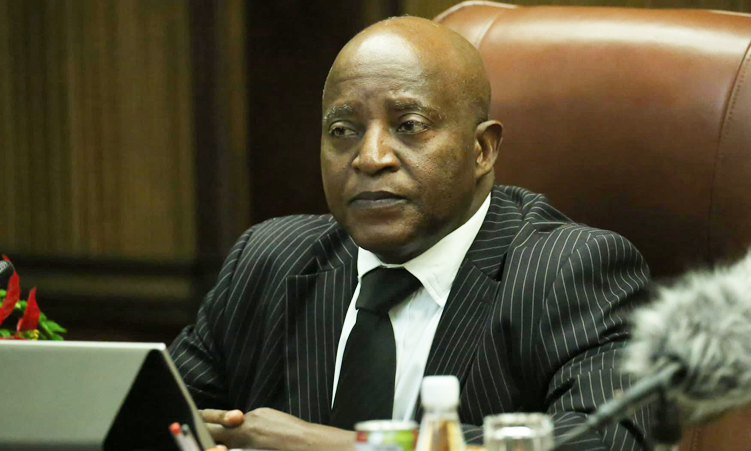BEIJING – China needs to share more skills with Africans to avoid resentment when its firms invest in the continent, said the head of an engineering conglomerate that aims to have a 50 per cent African workforce in any joint venture.
But Kola Karim, CEO of Shoreline Energy International, with interests in construction, energy and telecoms, said cheap technology and some Western firms’ retreat from parts of the continent meant deals with China would continue to rise. “They have good technology that is a little cruder but also very good value,” he told Reuters in an interview at the World Economic Forum in the northeastern Chinese city of Dalian.”But there is on-the-ground resentment, mostly from the fact that Chinese firms don’t understand you need to make a value chain.Western firms cost more but they will use some local labour, so they leave something behind,” he added.Ironically, back home Beijing has used its economic clout and the allure of its vast markets to demand broad transfers of skills and know-how from would-be investors.Karim said half of the workers in all his firm’s joint venture projects will be African, a moved aimed at breaking from a business model where Chinese firms arrive with their own workforce, build a project and then leave – giving the local populace infrastructure but no skills.His firm, with turnover last year of US$120 million, is talking to refiner Jilin PetroChemical about a bid for a Nigerian plant, and has also worked with telecoms gear-maker Huawei.Shoreline hopes to list on the British AIM stock market but is also setting up a US$500 million fund to invest in African infrastructure projects.They hope to close the fund by November and invest in energy and infrastructure within two years.”A lot of governments are privatising and those are the assets we are going after,” Kola said, adding that they were looking in countries from economically crippled Zimbabwe to its powerful neighbour South Africa.Investment in riskier projects is capped at US$5 million, to prevent any project that goes sour unbalancing the company.”In an emerging economy, if you look at the biggest companies, most of them came from engineering, infrastructure, and that’s the area we want to stay in,” he added.They are also in talks with Indian state-run gas firm GAIL (India) Ltd about liquefied natural gas technology.Flaring is being phased out in Nigeria, so some companies are willing to give the fuel away cheaply to people who can help them come in line with new regulations, he said.Nampa-Reuters”They have good technology that is a little cruder but also very good value,” he told Reuters in an interview at the World Economic Forum in the northeastern Chinese city of Dalian.”But there is on-the-ground resentment, mostly from the fact that Chinese firms don’t understand you need to make a value chain.Western firms cost more but they will use some local labour, so they leave something behind,” he added.Ironically, back home Beijing has used its economic clout and the allure of its vast markets to demand broad transfers of skills and know-how from would-be investors.Karim said half of the workers in all his firm’s joint venture projects will be African, a moved aimed at breaking from a business model where Chinese firms arrive with their own workforce, build a project and then leave – giving the local populace infrastructure but no skills.His firm, with turnover last year of US$120 million, is talking to refiner Jilin PetroChemical about a bid for a Nigerian plant, and has also worked with telecoms gear-maker Huawei.Shoreline hopes to list on the British AIM stock market but is also setting up a US$500 million fund to invest in African infrastructure projects.They hope to close the fund by November and invest in energy and infrastructure within two years.”A lot of governments are privatising and those are the assets we are going after,” Kola said, adding that they were looking in countries from economically crippled Zimbabwe to its powerful neighbour South Africa.Investment in riskier projects is capped at US$5 million, to prevent any project that goes sour unbalancing the company.”In an emerging economy, if you look at the biggest companies, most of them came from engineering, infrastructure, and that’s the area we want to stay in,” he added.They are also in talks with Indian state-run gas firm GAIL (India) Ltd about liquefied natural gas technology.Flaring is being phased out in Nigeria, so some companies are willing to give the fuel away cheaply to people who can help them come in line with new regulations, he said.Nampa-Reuters
Stay informed with The Namibian – your source for credible journalism. Get in-depth reporting and opinions for
only N$85 a month. Invest in journalism, invest in democracy –
Subscribe Now!










